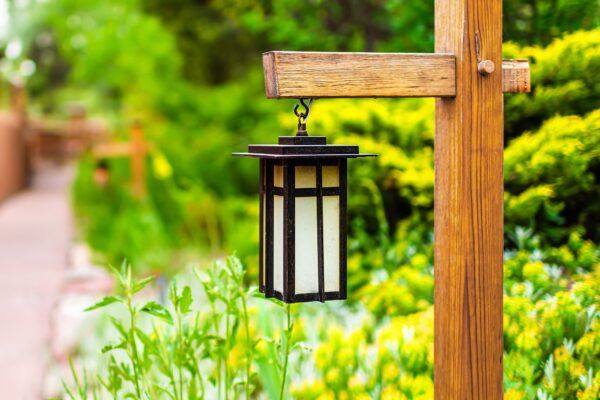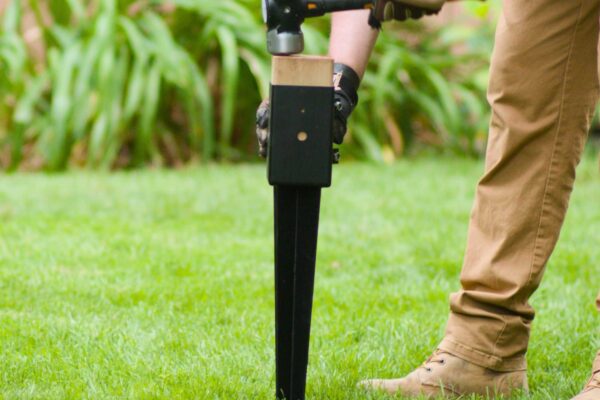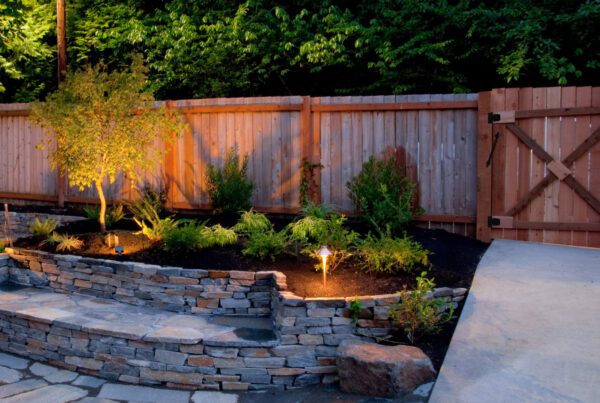Yard and lawn spikes, also known as spikes for in-ground post support or in-ground lawn spikes, are popular with homeowners because of their versatility—they grant you the freedom to complete projects in various areas of your yard and also protect your posts from the accidental scuffs and scrapes that can happen with seasonal maintenance.
NUVO IRON MULTI-PURPOSE IN-GROUND LAWN SPIKES
We offer two different in-ground lawn spikes—the NYS30B, designed for use with a 4” x 4” nominal post, and the NYS326B, designed for use with a 6” x 6” nominal post.
Which one you need will depend on your project and we always recommend you follow the manufacturer’s guidelines and engineering recommendations to ensure your new project is safe and complies with local regulations.
Not sure if a spike is right for your project? We’ve seen them used for garden enclosures, lightweight decking barriers, birdhouses, mailboxes, lawn and garden signs, light and flag posts, planter holders, and more.
These two spikes, size difference apart, are quite similar:
Both feature:
- A sleek design and black high gloss finish will complement any project or space
- A thermally bonded and polyester black powder coated glossy finish
- Pre-threaded bolts and self-locking nuts allow you to easily secure your post in the post base
- A design engineered to mount posts in the ground without digging or concrete
- An easy installation process
BEFORE YOU BEGIN INSTALLATION
Before building a permanent structure, take into consideration where you live and your typical exposure to rain, wind, snow, ice, sunlight, flooding, earthquakes and intense heat. For a safe installation, wear personal protective equipment and use suitable fasteners.
Before construction, check with your local municipality for building code requirements (consulting local building codes is required when supporting permanent structures).
For certain structures, we recommend consulting with a professional to ensure that these products are appropriate for your intended application.









